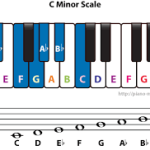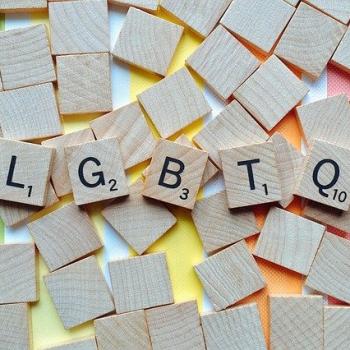Once in Waco, Texas, the Baptist Vatican, I was conversing with a hotel manager, and somehow the topic of conversation turned to when the hotel hosted large groups of Baptists.
"Oh, we love those," he said wistfully, but when I asked why, instead of the answers I hoped for—the kindness of the guests, a spiritual change in the atmosphere—my acquaintance blushed and went mum. At last, I pulled an answer out of him.
Turns out the hotel loved it when religious groups booked in because the purchase of adult movies went through the roof.
Christians have a problem with pornography—and not just evangelicals who are suddenly concerned about porn addiction. Take Jon Martello, the titular hero of Joseph Gordon-Levitt's new film Don Jon (a 21st-century take on the ubiquitous legend of the womanizing character who also appears in Byron's Don Juan and Mozart's Don Giovanni). Every week he goes to Mass, and every week he confesses to two sins—sex outside of wedlock and masturbation to pornographic videos.
Every week, his priest listens, gives him penance, and absolves him.
But we can tell as the movie goes on, as Jon confesses every week to the same damn thing, that the priest would like to reach through that confessional lattice and slap some sense into him.
Don Jon is not a deep film. It's a comedy about a sort-of likeable young man with a big problem, but that problem is not, at its root, Internet porn. It is his attitude toward women and his understanding of what love is, things that, thankfully shift in the course of his journey.
As The New York Times review notes, at the outset, Jon's view of the world is reductive: "All Jon cares about, as he repeatedly claims in a voice-over that sounds like a loop, are 'my body, my pad, my ride, my family, my church, my boys, my girls, my porn.' That's a whole lot of me and mine." And so it is. Don Jon, like many of us, is all about me and mine, and porn is emblematic of that selfishness.
What makes porn sinful is not related to whether or not it is a victimless crime—although you are deluding yourself if you imagine that it's victimless. HIV is rampant in the porn community (Jon loves the fact that in his porn no one has to wear a condom), and even those who willingly choose the life are subjected to degradation and brutality. If you don't want to read investigative journalism about the perils of the billion-dollar porn industry, check out Warren Ellis's graphic novel Desolation Jones, which dives into the porn subculture and calls it out for its cruelty to women.
But even if porn were not harmful to the men and women acting it out for its consumers, it is harmful to those consumers—emotionally and spiritually harmful—because as Don Jon affirms, it promotes a perverted idea of what sex, love, intimacy, and personhood are all about. Through much of the movie, Jon objectifies women—an approach he clearly learns from his father (Tony Danza)—but it is in his preference for porn over relationship (or even simply to sex with the beautiful women he picks up) that the personal damage of those attitudes about women and relationships becomes evident. Jon is a closed system, as that repeating loop about his priorities suggests. His choice of self-gratification over love and connection with another is sad and pathetic and way too typical these days.
Augustine told us—long before Internet porn—that we have a tendency to elevate lesser goods to the status of higher goods, a sin in any era. The physical pleasure and momentary transcendence we associate with sex was problematic for Augustine because I believe it distracted him from God. Even sex with his wife became an obsession. So Augustine's solution was: Let's forget about sex.
Like many wise people who have found an answer that works for them, Augustine prescribes his solution for all of us. The Apostle Paul, likewise, encourages everyone to be as he is—a celibate bachelor—but this clearly is not a solution for all or most of us. As Benedict says in Much Ado about Nothing, "The world must be peopled!"
The truth is, I think a more Augustinian solution actually comes in reorienting ourselves as Jon finally does in the movie, away from solipsism and into relationship. Human beings are meant for so much more than self-gratification; they are meant to seek connection to others and to God. Robert Jensen's piece on the porn industry brings up this important point: "The pornographer faces one serious obstacle in all this: Men are human beings. No matter how emotionally deformed by the toxic conception of masculinity that is dominant in a patriarchal culture such as the United States, we are human beings with hearts, minds and souls."





